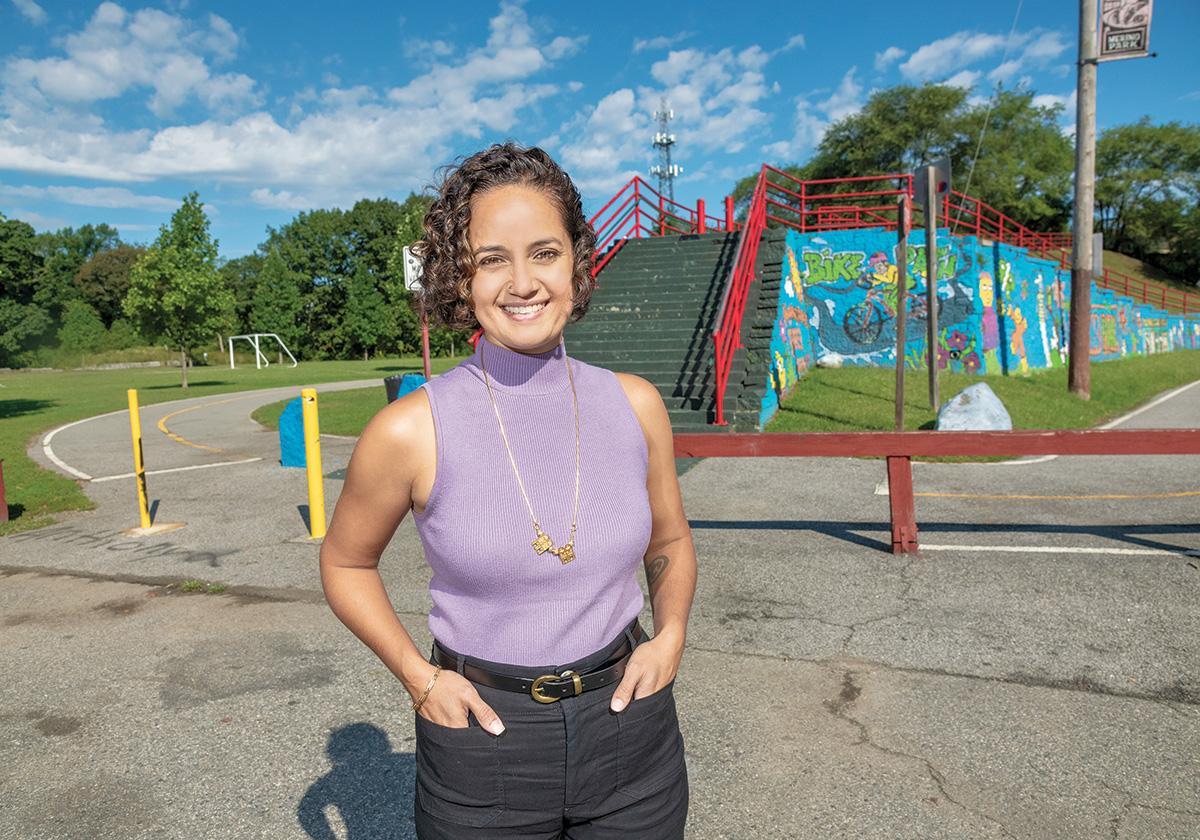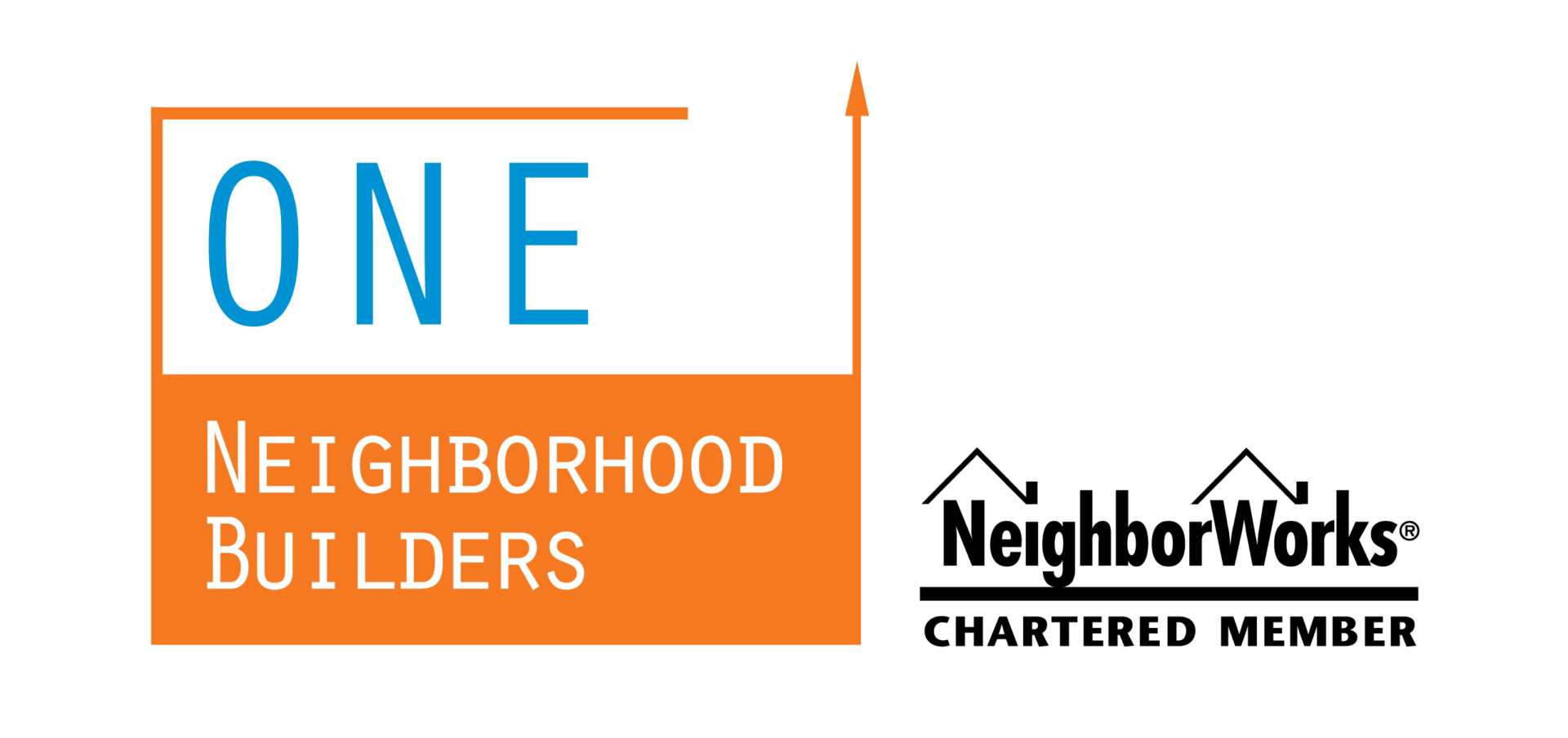
HEALTHY CHOICES: Anusha Venkataraman, managing director of the Central Providence Opportunities Health Equity Zone, at Merino Park in Providence, where residents in several city neighborhoods voted to install composting toilets, as well as make improvements at other city parks. PBN PHOTO/MICHAEL SALERNO
If you were given $1 million to improve the health and wellness of the people in your neighborhood, how would you spend it?
That question was asked over the summer of residents in nine neighborhoods in Providence as part of a pilot project funded by the R.I. Executive Office of Health and Human Services and the R.I. Department of Health aimed at reducing health inequities in those neighborhoods.
The so-called “participatory budgeting” initiative allowed community members, some as young as 13, to vote on how to spend the money in their neighborhoods, without city and state elected officials having a say.
The project is closely tied to another RIDOH program called Health Equity Zones, a “place-based approach” bringing community members together to make systemic changes at the local level to improve health outcomes.
Over two years, $900,000 in state Medicaid funds will be split between two Health Equity Zones, one of which is called the Central Providence Opportunities, which is overseen by the nonprofit ONE Neighborhood Builders. The zone covers the neighborhoods of Smith Hill, Federal Hill, Silver Lake, Olneyville, Hartford, Manton, Mount Pleasant, Elmhurst and Valley.
The other zone is the Pawtucket Central Falls Health Equity Zone, backed by the nonprofit Local Initiatives Support Corp.
While each zone was allocated $450,000, the Central Providence Opportunities HEZ has raised an additional $550,000 in private grant funding.
How to spend the $1 million? That’s where participatory budgeting comes in.
Following a structured process, residents in each community had the opportunity to work together to identify needs, generate ideas on how to meet them and then vote directly on how to spend public funds.
“It was about creating health equity, to try and improve community health in unique ways,” said Anusha Venkataraman, managing director of Central Providence Opportunities. “It was a community-driven process from beginning to end.”
Related links:
- Link 1


